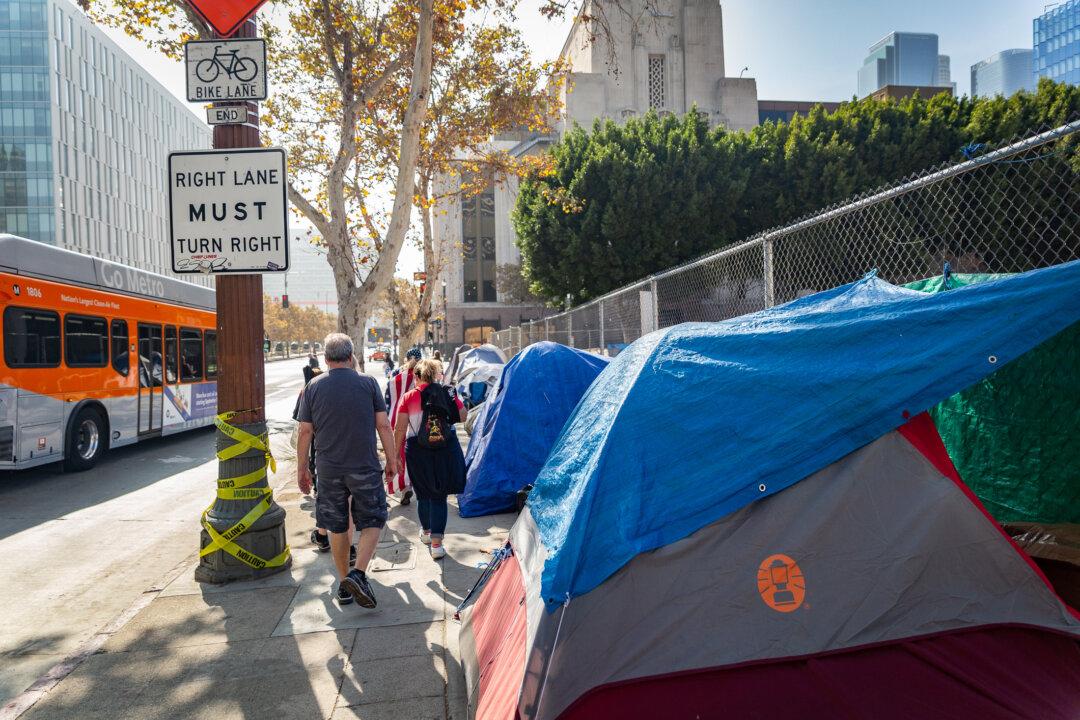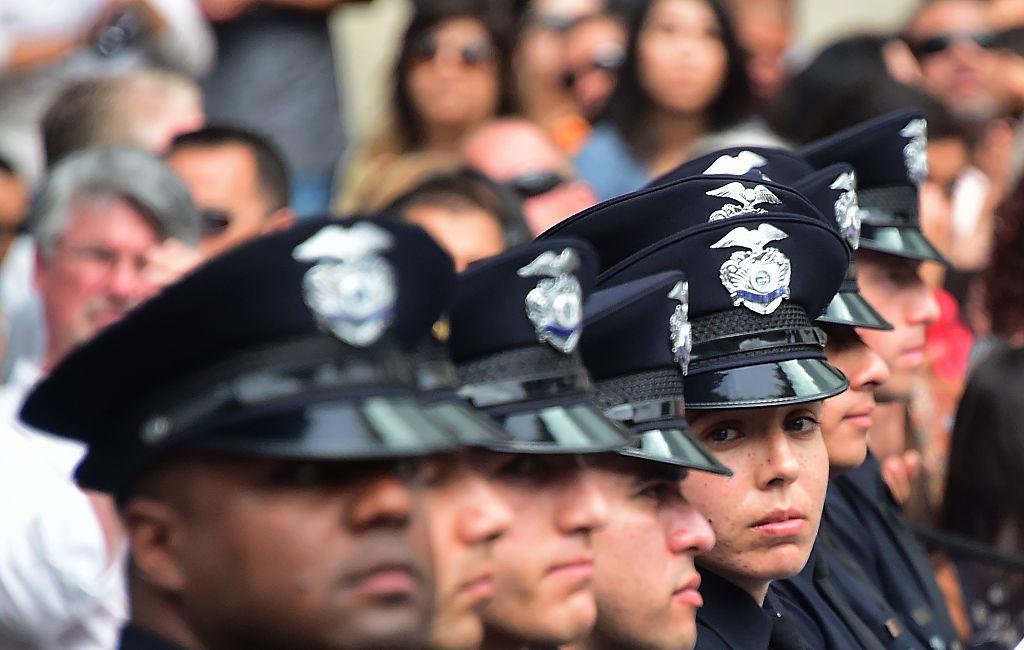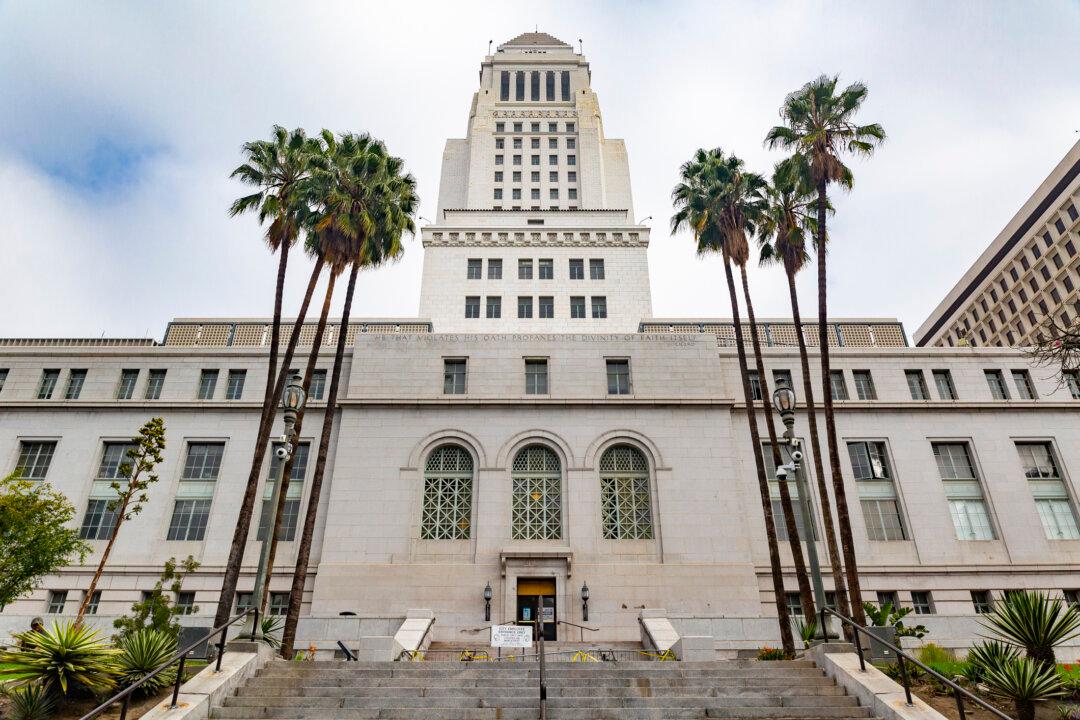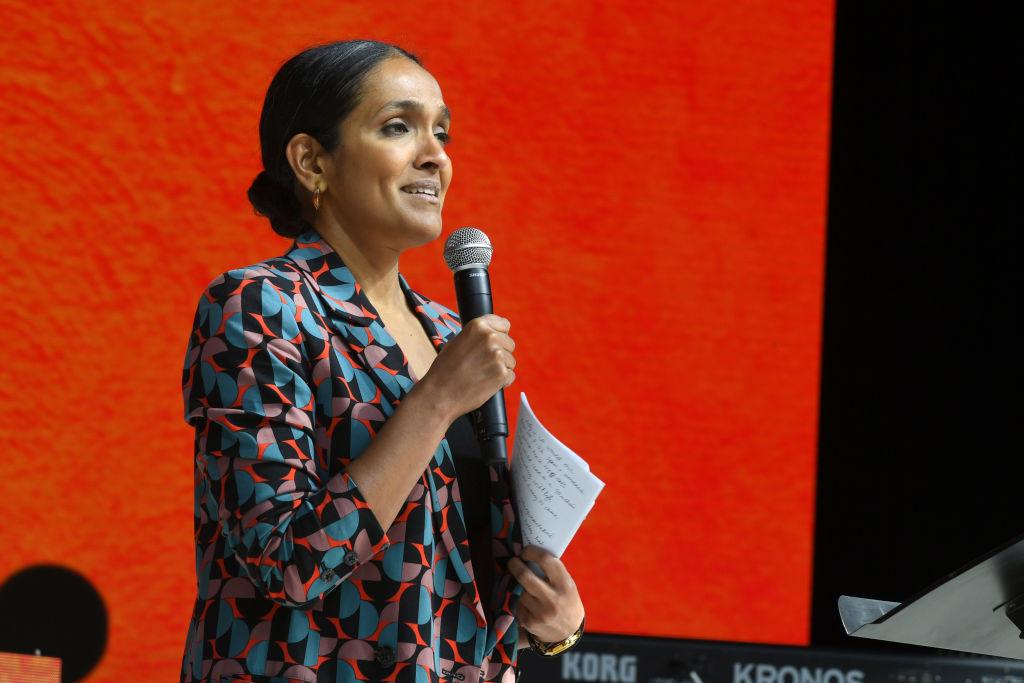SACRAMENTO—California Gov. Gavin Newsom recently unveiled a new proposal to force some homeless suffering from drug addiction and mental illnesses into substance abuse treatment amid sprawling encampments and homelessness on the streets. The move has become a buzzing conversation among activists for the homeless, residents, and providers alike.
Amid a wave of progressive reforms across the state, and the “Housing First” model that seeks to house all homeless individuals, some say Newsom is finally addressing the root of the problem in his new proposal.





